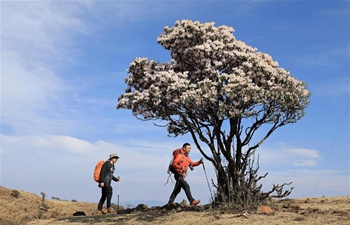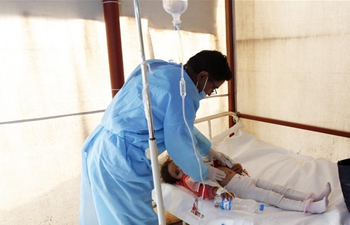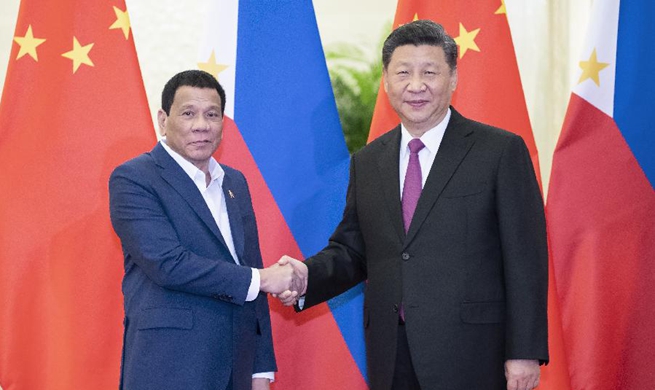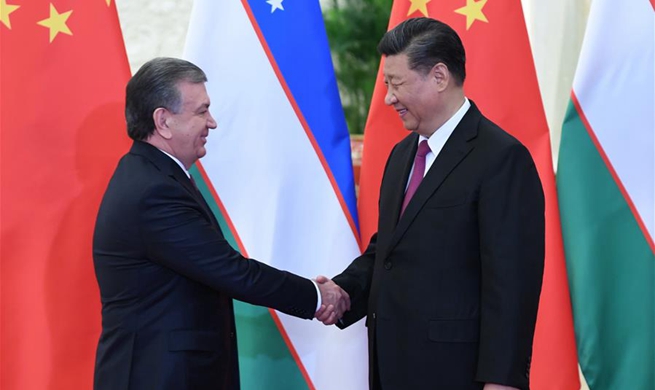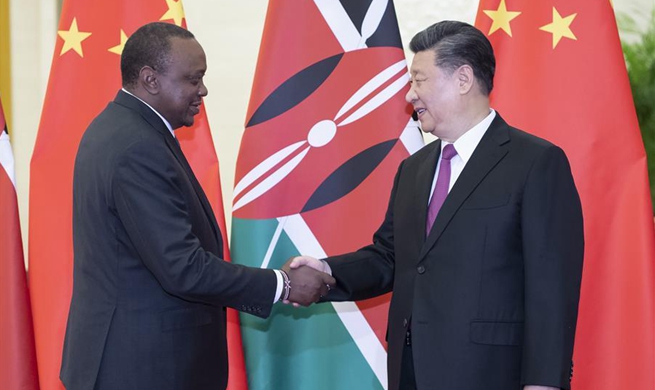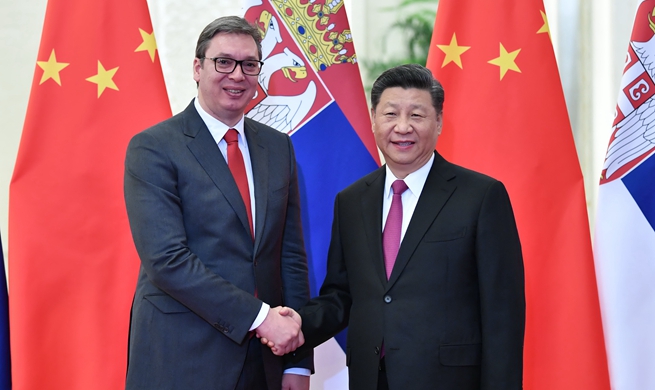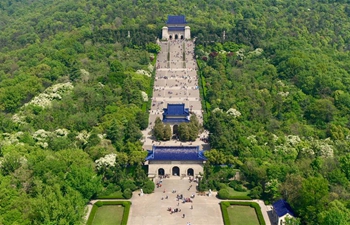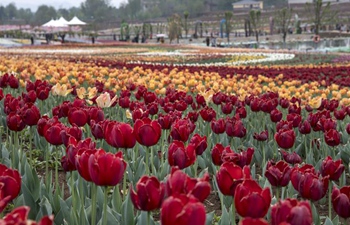BANGKOK, April 25 (Xinhua) -- In observing the World Malaria Day, representatives from 24 Asia-Pacific nations on Thursday pledged to take collective action to accelerate progress against malaria and eliminate the disease in the region by 2030.
At the conference named "A malaria-free Asia-Pacific by 2030," participants also took the opportunity to pay tribute to the discovery of Chinese-based drug "Artemisinin," the main component in combating malaria worldwide.
Artemisinin is derived from the Artemisia annua or sweet wormwood plant, which has traditionally been used in Chinese herbal medicine.
"Without the discovery of Artemisia Annua pioneered by Tu Youyou in 1967, malaria could have spread like wildfires," said Dr Arjen Dondorp, deputy director and head of Malaria Research, Mahidol-Oxford Tropical Medicine Research Unity.
Artemisinin continues to serve as the foundation for malaria treatment and the World Health Organization now recommends Artemisinin-based Combination Therapy (ACT) for treating uncomplicated malaria.
The ACTs combine an artemisinin-derivative (a relatively new group of drugs which are very effective) with another longer-lasting drug to try and reduce the risk of further resistance developing.
"All antimalarial drugs must contain the artemisinin component," quoted Malaria Futures for Asia (MalaFAsia), a study commissioned by Novartis Social Business, "as it is derived from the Chinese Artemisia Annua with lumefantrine for the treatment of acute, uncomplicated Plasmodium falciparum malaria, responsible for most deaths from malaria."
An estimated 2.74 billion treatment courses of artemisinin-based combination therapy (ACT) were procured by countries over the period 2010-2017.
Tu Youyou discovered artemisinin (also known as qinghaosu) and dihydroartemisinin to treat malaria, saving millions of lives worldwide in the early 20th century.
Tu received the 2011 Lasker-Debakey Clinical medical Research Award and the 2015 Nobel Prize in Physiology or Medicine.
